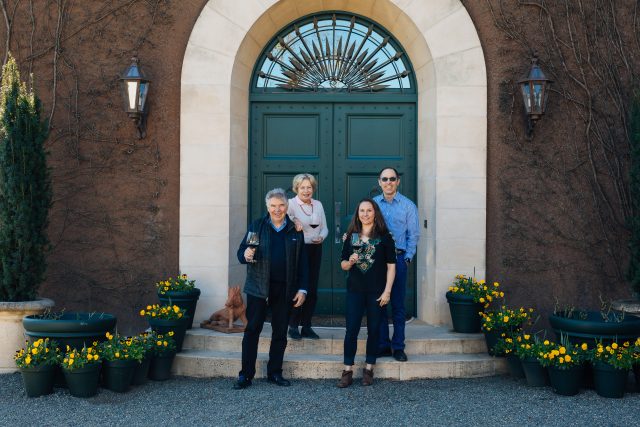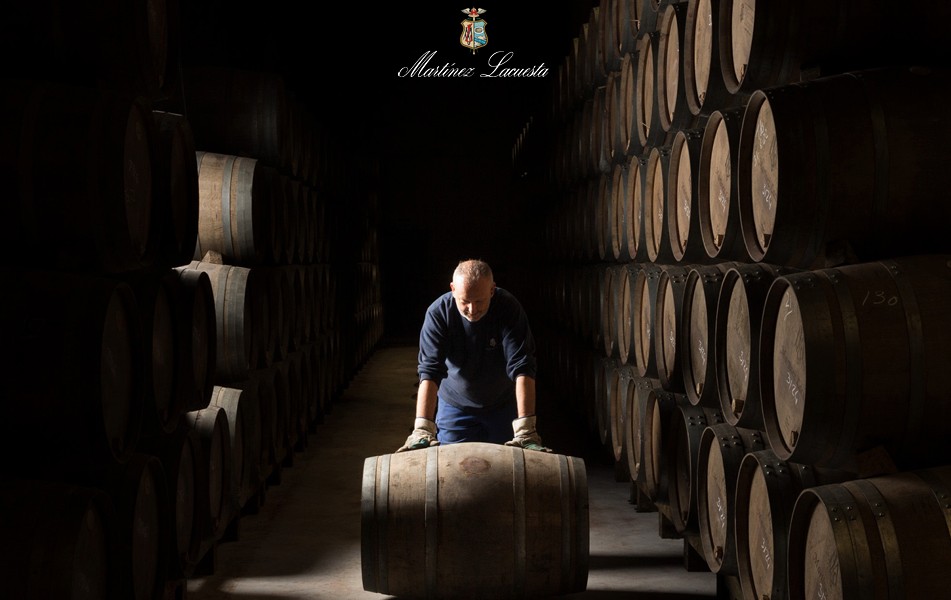Beautiful minds: Napa winery celebrates 30 years of brain health research
This year marks the 30th anniversary of Staglin Family Vineyard founding its One Mind organisation. The charity’s work has led to some truly watershed moments in brain health research.

STAGLIN FAMILY Vineyard is a small, family-owned and operated winery in Rutherford, California, which produces wines in very limited quantities, made from grapes grown organically on its 28-hectare, solar-powered property.
In addition to their focus on producing world class wines, the Staglins are also dedicated to advocacy for mental health research. Husband-and-wife team Garen and Shari Staglin, who are co-founders of Staglin Family Vineyard, began sprinting rather than walking down the path of brain health research after their son Brandon had what they describe as “a psychotic breakdown” while studying at university in 1990.
The incident led to Brandon receiving a diagnosis for schizophrenia, at which point the Staglins felt they had two choices. “We could run away from the problem or run towards it,” Garen tells the drinks business. “And we thought ‘why hide this human condition?’”
Prior to Brandon’s diagnosis, the couple confess, they “knew nothing” about brain science. “We jumped headfirst into the scientific community. We wanted to learn why Brandon got sick and try to figure out ways to prevent it from happening to other families,” Garen says.
And so the first steps were taken, which would eventually lead to the founding of charitable organisation One Mind, which would propel the Staglins into three decades at the forefront of cutting-edge neuropsychiatric research.
Early on, the family decided to bring together pioneering scientists in brain health from all over the world. “We wanted to gather the greatest minds in the world to talk about minds,” Garen explains. “So we paid for their travel to come to the United States.”
Together, they worked on the creation of a common language designed to help families learn to speak to loved ones living with mental health conditions. “Every family has somebody – a relative, maybe even a neighbour – that has been affected by mental illness,” says Shari. “We wanted to dismantle the stigma through education and to provide a model for families on how to live with these conditions.”
Since those early days, One Mind has helped to implement transformational change. One of the milestones the Staglins are most proud of is the progress that has been made in identifying potential psychotic episodes long before they actually happen.
“The science can now predict with close to 70% accuracy whether a child as young as 12 years old is likely to develop psychosis in the future,” says Garen, who adds that the majority of psychotic incidents take place for the first time when an individual is around 18 years old.
“The quality of the imagery available now means that scientists can detect a healthy brain versus a sick brain via an FMRI scan,” he says.
There are, Garen says, 285 genes implicated in schizophrenia – and individuals can now be screened for all of these genes for as little as US$50 a time.
“If your FMRI scan shows the pattern of a sick brain, then we can intervene, and get someone started on a programme of psychopharmacology,” Garen explains. “It’s about understanding the methods by which these mutations cause mental health conditions and then disrupting them.”

Another area in which One Mind has instigated impressive change is in changing the attitude of health insurance companies with regards to covering the cost of preventative treatment, as well as cure.
Partner Content
“We’re striving to convince the health insurance industry in California that waiting for a psychotic episode to happen is far worse, and more costly, than preventing it,” explains Garen.
“Until now, most insurance reimbursement has unfortunately required an individual to have a diagnosis before they can access reimbursement for treatment.”
This back-to-front policy has resulted in the exclusion of many individuals from being able to afford preventative treatment, or to access medical support while seeking a diagnosis.
One Mind, of which Garen and Shari’s son Brandon is president, played a leading role in shaking up the system.
“Mental health is meant to be treated on an equal footing as physical health by insurers, but companies often don’t comply with this,” says Garen. “We’d like to reach the point where there is government intervention if an insurance firm denies a mental health claim.”
As ever with medical research, cash is king, which is why the Staglins decided to donate 100% of the profits from their Salus wine towards fundraising for mental and brain health research. To date, Staglin Family Vineyard has helped raised a staggering US$1.2 billion for charities under the motto: “Great wines for great causes.”
FESTIVAL FEELING
Its biggest annual fundraiser, and a favourite date in Napa’s calendar, is the music festival that has taken place on the Staglin property each September for the last 30 years. This year, the Music Festival for Brain Health is slated for 7 September, kicking off with a scientific symposium discussing the advances that One Mind’s ‘Rising Star’ scientists and supported mental health start-ups are making in brain health research and innovation.
Following this is a much sought-after wine tasting where more than 80 Napa producers pour their wines, including cult expressions such as Screaming Eagle and Scarecrow.
The tasting offers an unprecedented opportunity for fans of California wine to sample the best of the region, culminating in the music concert itself, which has previously welcomed artists including Jennifer Hudson, Sheryl Crow and The Beach Boys onto the Staglin Family Vineyards’ stage.
Tickets cost US$2,000 per head to attend the concert, and US$7,500 per person to attend for the whole day, which concludes with a lavish evening dinner, at which a fantastically indulgent 5lb of caviar was once generously donated by the chairman of Caviar Russe.
The idea behind the festival, says Garen, is for people to see what he and Shari call the “circle of hope”.
Shari adds: “People can come and see for themselves the vision, the progress and the companies that we’re funding. The change is not years from now. It’s right now.”
The family’s hope for the next 30 years is for mental illness to be understood as a human condition, and for individuals to have the correct treatment so that they can “enjoy their life on their own terms”.
“If we can get to the point where more people can live like Brandon, then that’s about as good as we could hope for,” says Shari. “We want to make this the last generation that is fighting for what they need to help their loved ones.”
Related news
Strong peak trading to boost Naked Wines' year profitability




